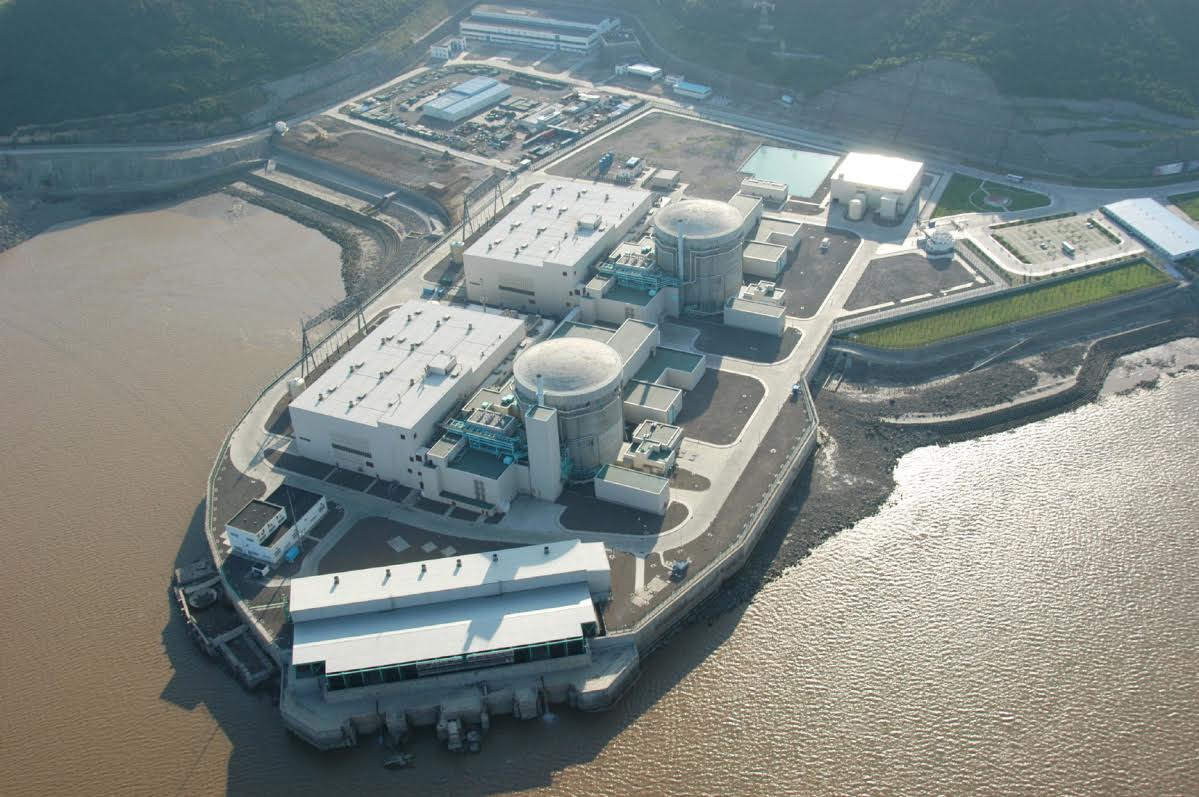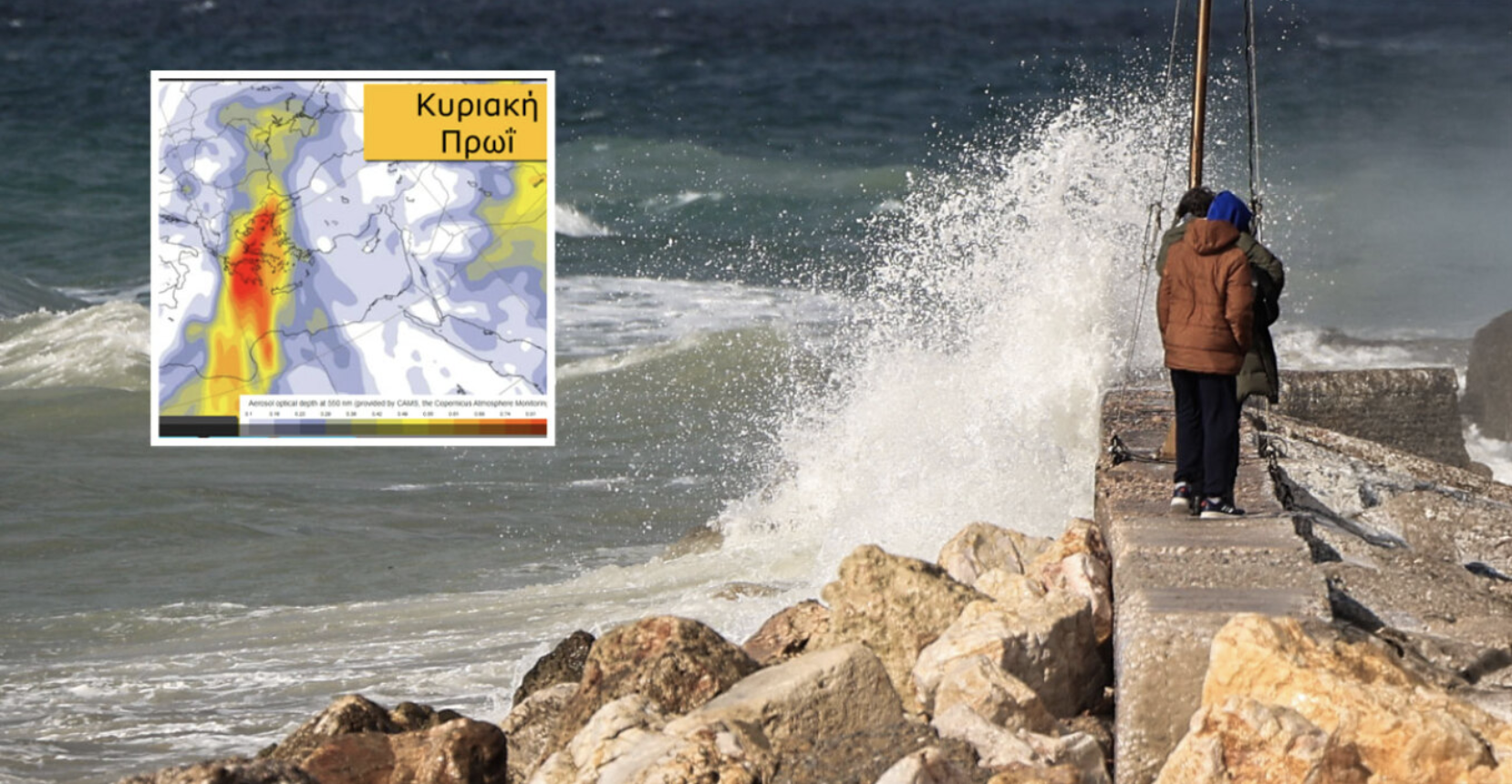It looks like it.
At least, what has been said at the 4th Central and Eastern Europe Nuclear Energy Summit held in Budapest, organized by Britain, shows that … “Without expanding the nuclear power plant in the Paks industrial zone, Hungary cannot secure the required power in the electricity sector”, said János Süli, the minister responsible for the redeployment and upgrading of the plant.
But how compatible is this choice with EU rules and the objectives set for reducing atmospheric pollution and protecting the environment?
“Climate change targets can only be achieved if nuclear energy is part of the energy mix, which is why Hungary chose to support nuclear energy”, said János Süli, adding that “our strategic goal is to ensure citizens’ future and the economy a cheap, ever available and safe source of electricity generation, our guarantee is the construction of two new nuclear plants.”
In Hungary, four nuclear power plants are currently operating in the Paks industrial zone and two more units are expected to be built in the same area, which will be ready in 2025 or by 2030 at the latest. This is an investment of 10.5 billion euros. Britain believes in similar investment opportunities in the Balkans and in the wider SEE region in Romania.
The reinforcement with two additional CANDU pressurized water reactors at the Cernavoda nuclear power plant -an investment of 5.7 billion euros- and the construction of a low and medium radioactive waste repository, scheduled to begin in the next five years, seems to attract interest.
Read more HERE
Ask me anything
Explore related questions





